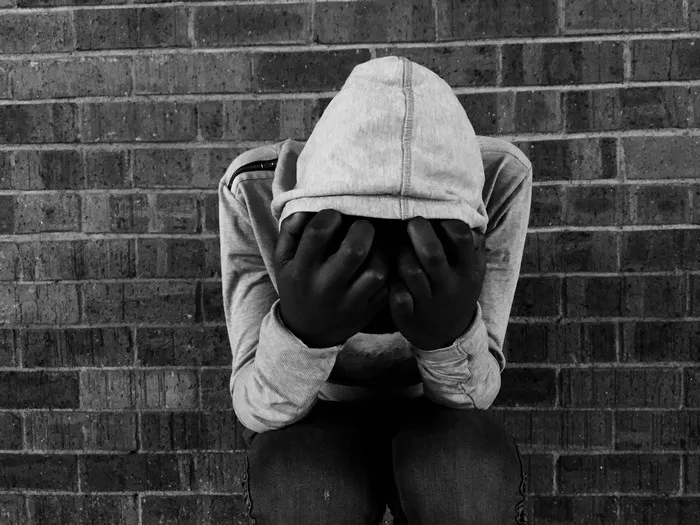As Suicide Prevention Month draws to a close, a significant meeting held Wednesday night provided a platform for open discussions about mental health and suicide, particularly within the African-American community. The event introduced a new initiative called “L.E.T.S Save Lives,” launched by the American Foundation for Suicide Prevention (AFSP), aimed at reducing the stigma surrounding mental health issues in this demographic.
Markita Madden, the program manager for AFSP and a speaker at the event, shared her personal story of loss, having lost two brothers and her father to suicide. She emphasized the importance of addressing mental health openly, stating that her family never discussed these issues, which motivated her to advocate for others. “In the Black community, we often feel hesitant to talk about mental health,” Madden remarked. “We tend to believe that we can just pray things away or that we need to be stronger.”
The meeting sought to challenge these cultural norms by encouraging attendees to recognize that avoiding conversations about mental health can exacerbate struggles. Alberta Craighead, another participant, echoed this sentiment, stating, “While faith is important, sometimes you need additional support beyond prayer.”
A crucial focus of the discussion was the importance of supporting individuals affected by suicide. Attendees were reminded not to blame themselves if a loved one dies by suicide, as such guilt can hinder healing and support for others. The meeting aimed to foster an environment where people could share their experiences without fear of judgment.
Mental health stigma remains a significant barrier in many African-American communities. Historical perceptions often equate seeking help with weakness, leading many to avoid professional treatment. According to research, African Americans are less likely than white individuals to seek mental health care, with only one in three receiving appropriate treatment.
The meeting highlighted the need for systemic changes in how mental health is perceived and addressed within these communities. Experts argue that understanding mental health through a cultural lens is vital for effective intervention. Many African Americans rely on faith-based support systems rather than traditional medical avenues, which can lead to underdiagnosis and inadequate care.
Community leaders and advocates stress the importance of creating safe spaces for discussions about mental health. By normalizing these conversations, they hope to empower individuals to seek help when needed. “We need to shift the narrative around mental health,” said Madden. “It’s not just about surviving; it’s about thriving.”
The AFSP’s initiative aims not only to provide resources but also to educate communities about the signs of mental distress and effective coping strategies. As awareness grows, advocates believe that more people will feel comfortable discussing their struggles and seeking help.
The meeting served as a vital reminder of the ongoing challenges faced by the African-American community regarding mental health and suicide prevention. By fostering open dialogue and challenging existing stigmas, initiatives like “L.E.T.S Save Lives” aim to create a supportive environment where individuals can seek help without fear or shame.
Related articles:
What Is The Most Serious Mental Illness ?
Is Major Depressive Disorder Permanent ?
What Is The First Line Antidepressant For Adolescents?


